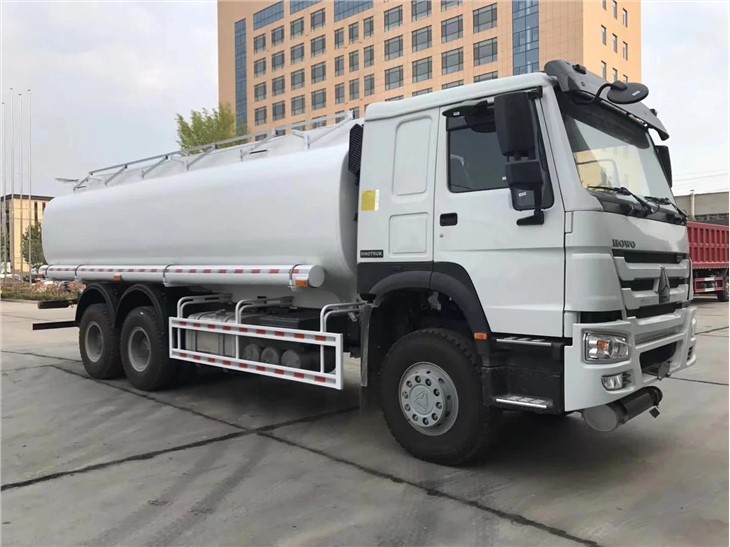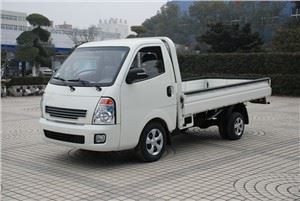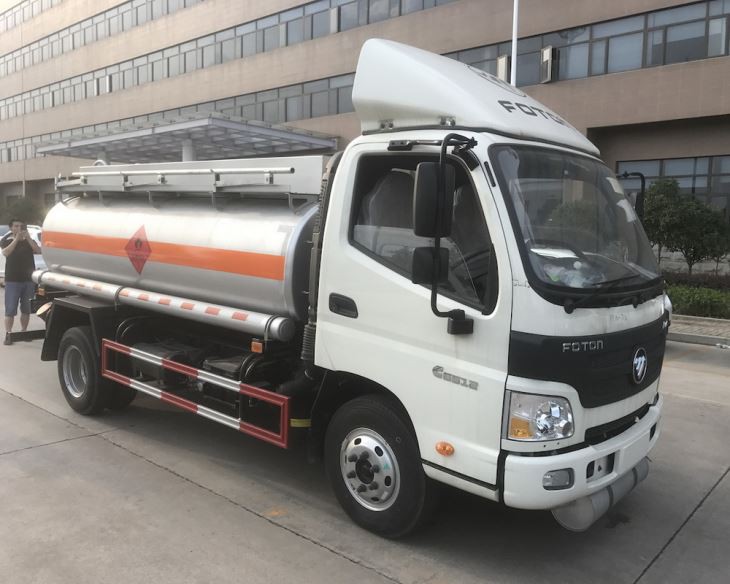Tanker Water: Essential Insights for Domestic and Industrial Use

Introduction
Tanker water is a crucial resource in both urban and rural settings, providing essential water delivery services where traditional plumbing fails. This article delves into the various aspects of tanker water, its uses, benefits, and considerations for both residential and commercial consumers. By understanding the nuances of tanker water, you can make informed decisions about acquiring and utilizing this vital resource effectively.
What is Tanker Water?
Tanker water refers to water that is transported and delivered by tankers, ensuring supply in areas that lack direct access to piped water systems. Tankers may deliver water sourced from municipal supplies, wells, or boreholes, making it a versatile option for various users.
Types of Tanker Water
There are primarily two types of water that can be delivered by tankers:
- Potable Water: This water is treated and safe for human consumption, meeting health and safety standards.
- Non-Potable Water: This type of water is not suitable for drinking but may be used for irrigation, industrial purposes, or construction.
The Importance of Tanker Water
In Urban Areas
In densely populated cities, tanker water serves as a supplementary source when piped water supply fails due to maintenance, shortages, or other interruptions. It helps ensure that both households and businesses have access to water for daily activities.

In Rural Areas
For rural communities, tanker water often becomes a primary source of water, especially in regions with dry climates or insufficient well water. Regular tanker deliveries help sustain agricultural activities and everyday needs like cooking, cleaning, and bathing.
How to Order Tanker Water?
Identifying Your Needs
Before ordering tanker water, it’s vital to assess your requirements. Consider the following:
- Daily water consumption needs
- Type of water required (potable or non-potable)
- Average distance from the delivery point
Finding a Reliable Supplier
Look for local water suppliers with a good reputation. You can check online reviews, ask for referrals from friends or neighbors, or consult your local government for recommendations. Ensure they comply with local health regulations.
Understanding Pricing Structures
The cost of tanker water can depend on various factors:
- Volume of water required
- Distance and delivery charges
- Type of water (potable may be more expensive)
Always request a detailed quote to avoid any hidden fees.
Health and Safety Considerations
Ensuring Water Quality
When ordering tanker water, ensure your supplier practices methods to keep the water clean and safe. Ask for lab tests or certifications to confirm that the water meets safety standards.
| Water Quality Parameter | Ideal Level | Test Method |
|---|---|---|
| pH Level | 6.5 – 8.5 | pH meter |
| Chlorine | 0.5 – 4.0 mg/L | Colorimetric test |
| TDS (Total Dissolved Solids) | Below 500 mg/L | Conductivity meter |
Preventing Contamination
Ensure that the tanker used for delivery is clean and well-maintained. Avoid any potential contamination by following these tips:
- Inspect the tanker before delivery.
- Request a delivery using sealed hoses.
- Check that the loading source is clean and safe.
Common Uses of Tanker Water
Residential Use

Families often rely on tanker water for:
- Drinking and cooking
- Bathing and hygiene
- Cleaning and laundry
Commercial Use
Businesses may utilize tanker water for:
- Manufacturing processes
- Construction projects
- Landscaping and irrigation
Agricultural Water Supply
Tanker water is frequently used in agriculture to provide irrigation for crops, particularly in regions facing drought. Farmers can schedule regular deliveries to ensure their plants receive adequate hydration.
Environmental Impact of Water Tankers
Carbon Footprint
The transportation of water by truck contributes to greenhouse gas emissions. Opting for local suppliers can help reduce travel distances and cut down on the associated carbon footprint.
Water Conservation Practices
Using tanker water responsibly is essential. Here are some tips for minimizing waste:
- Fix leaks in plumbing at home.
- Utilize rainwater harvesting systems.
- Consider water-efficient appliances.
Tanker Water vs. Piped Water Supply
Comparative Advantages
Tanker water offers unique advantages compared to piped water:
- Accessibility in areas without pipelines
- On-demand delivery options
- Flexibility in usage
Limitations
However, tanker water has limitations:
- Possible higher costs
- Delivery time delays during peak demand
- Quality concerns if quality checks aren’t conducted
Practical Tips for Using Tanker Water
Storage Solutions
Proper storage of tanker water is crucial to maintain its quality. Consider the following:
- Use food-grade storage tanks.
- Keep tanks covered to prevent algae growth.
- Regularly clean and maintain storage containers.
Using Water Wisely
Establishing good water management practices can extend your supply, including:
- Setting a watering schedule for gardens
- Using efficient showerheads and faucets
- Implementing greywater recycling systems
Frequently Asked Questions (FAQs)
1. How do I know if tanker water is safe to drink?
Always ask for a quality report or test results from your supplier to ensure the water meets safety standards for drinking.
2. Can tanker water be used for irrigation?

Yes, tanker water can be used for irrigation, especially non-potable water, which is suitable for agricultural purposes.
3. How often should I order tanker water?
The frequency of orders depends on your consumption needs and the size of your storage tank. Regular assessments can help you determine an effective schedule.
4. What should I do if I experience issues with my water delivery?
Contact your supplier immediately. It’s crucial to address any delays, quality concerns, or service disruptions as soon as possible.
5. Are there regulations governing tanker water delivery?
Yes, most regions have regulations to ensure the quality and safety of tanker water delivery. Check with your local authorities for specific guidelines.
6. Is it more expensive to use tanker water than piped water?
Costs can vary based on your location, the availability of piped water, and the supplier you choose. Generally, tanker water may be more expensive due to transportation and handling fees.
